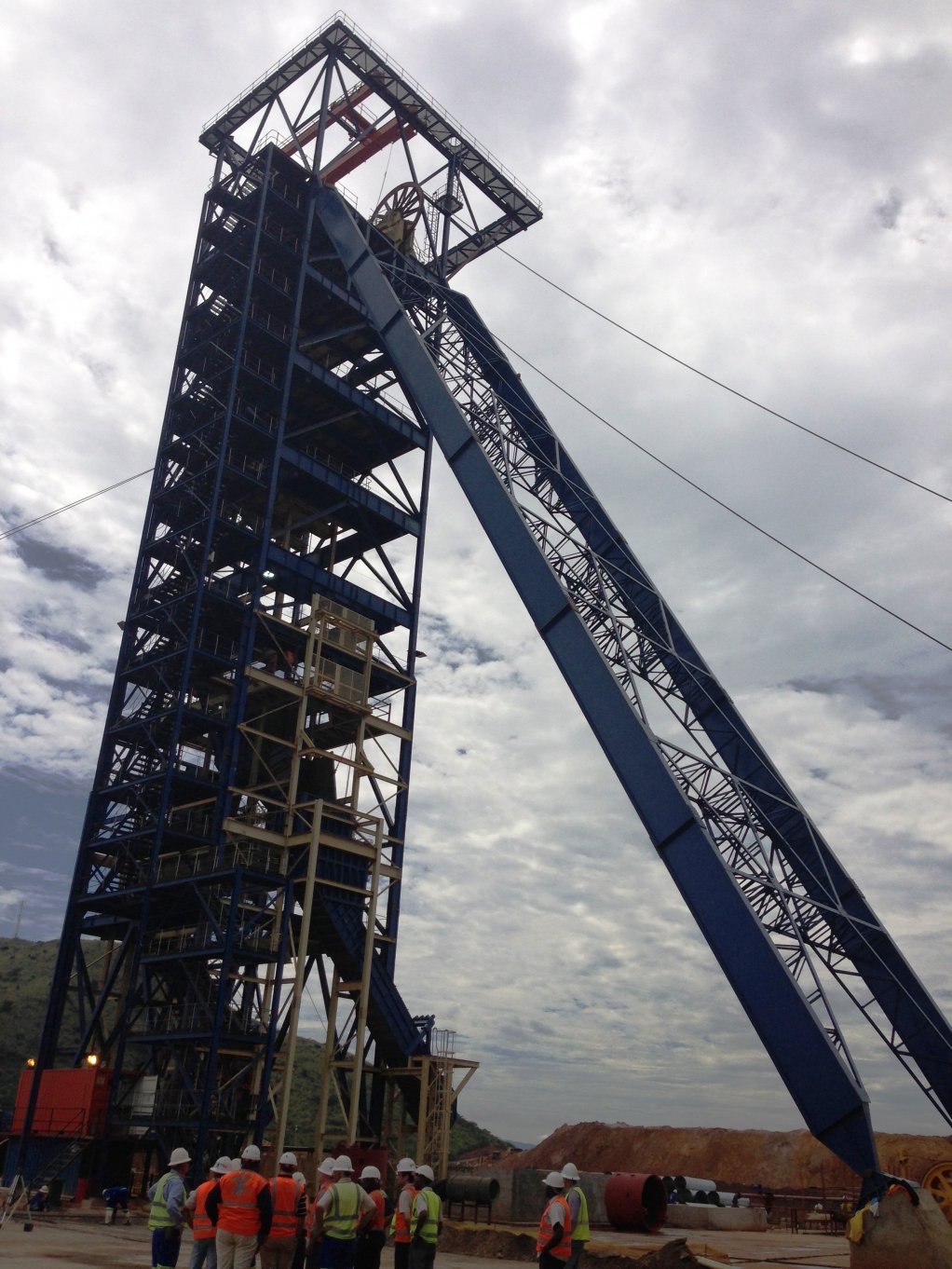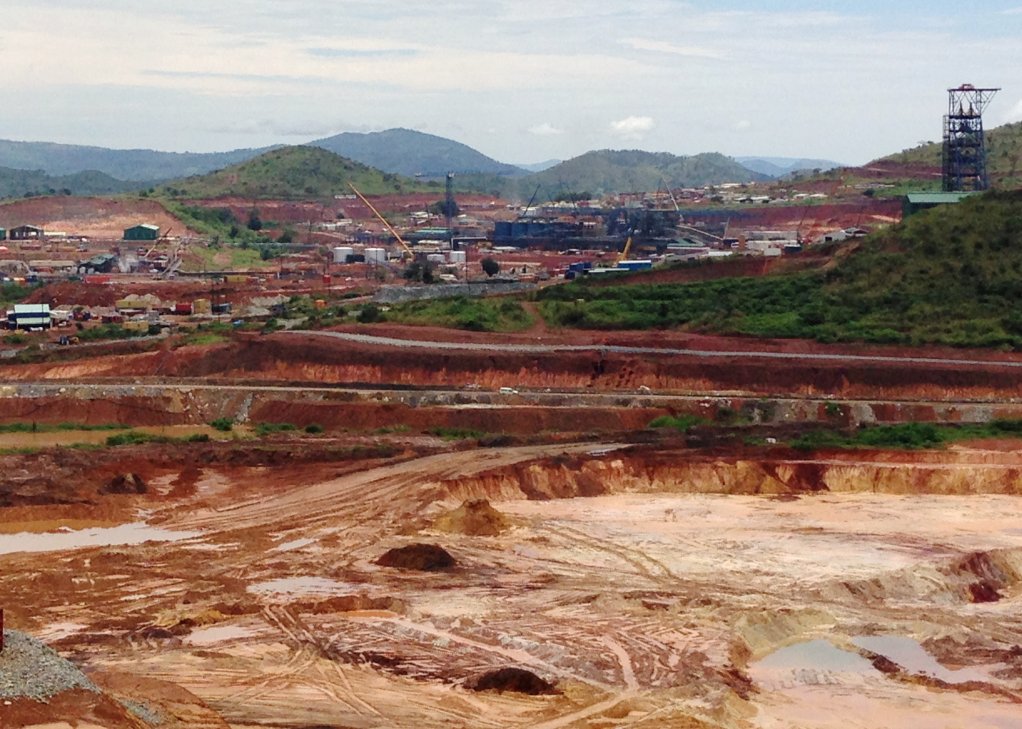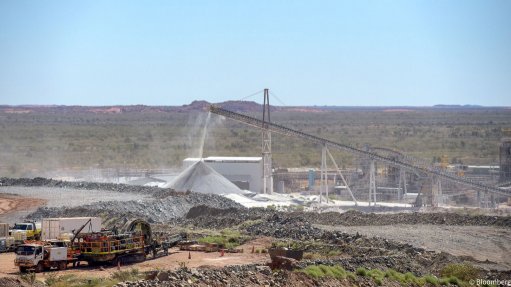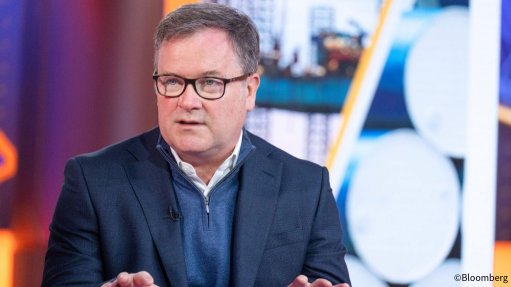Randgold Resources’ Kibali mine could turn DRC’s Orientale into the next Katanga



COMMERCIAL DEVELOPMENT OF ORIENTALE Randgold Resources' Kibali project has the potential to boost the Orientale province’s social and economic standing
GROWING THE REGION’S ECONOMY Kibali’s success will prove to other international investors that the area has the capacity to produce a profit
Newly established gold mining project Kibali – a standalone investment by mining major Randgold Resources – situated in the Democratic Republic of Congo’s (DRC’s) Orientale province – has the potential to significantly boost the local economy, says strategy and communications consulting firm africapractice intelligence and analysis director Thomas Wilson.
Outlining the project’s intention to develop the province, Randgold Resources CEO and project chairperson Mark Bristow said in a statement released in April that the project was nearing the stage where it would be able to support the DRC’s economic growth.
“We are not only building a world-class mine here but have also expanded and upgraded the regional infrastructure, from which the Orientale province is already benefiting,” he said.
However, Wilson says the project’s success depends on the mine’s ability to manage conflicting demands and expectations from the local community surrounding the mine and from different governing authorities.
“There is often a disconnect between government officials and the local provincial authorities, which means mining companies operating in that area get conflicting demands from these two spheres of government and it’s difficult for them to balance the two,” he explains.
Some of these demands include the push from government for infrastructure development beyond the mine’s borders. In addition to developing a village for the more than 4 000 families who were relocated to make way for the mine, government has also been pushing for the mine to develop other surrounding areas.
Provincial authorities have, however, been pushing for more job creation, which is beyond the project’s capacity.
Wilson stresses the importance for Kibali to engage in intensive community awareness projects, where community members will be informed of the infrastructure development, as well as the employment and business opportunities they stand to gain, should the project succeed.
“This type of large commercial industrial mining operation is relatively new in that area, so Kibali has to start from scratch and educate the community about the impact of the project.
“The project must also have a clear plan on how to manage social expectations and develop mechanisms for effective community engagement,” adds Wilson.
He further states that, while it is not in great danger of rebel invasions, the Orientale province is a difficult area to operate in and Kibali has a formidable task ahead of it, despite starting operations ahead of schedule.
“The project faces two significant challenges. The first is logistical, as it is difficult to operate in a remote location that has no standing transport infrastructure,” he elaborates.
However, Wilson maintains that, as important as logistics is, managing the political and social climate in the surrounding area of the mine will also prove important to the success of the project.
“The second challenge is managing the mine’s relationships with local political and community groupings. If Randgold Resources gets these two things right, the project stands a much better chance of succeeding,” he emphasises.
Wilson reiterates the importance of Kibali management’s ability to manage relationships with all stakeholders, mentioning that the inability to do so places the project in danger of being pulled in different directions and losing focus of its goals.
Meanwhile, Wilson tells Mining Weekly that corruption will also be a problem, but can be managed.
“As in many mining jurisdictions, Kibali will have to draft a robust anticorruption policy and make it clear from the outset that the project will not tolerate attempts to exert corrupt influence or extract corrupt payments. The policy should set out clear codes of conduct for engagement with any public official or institution and establish that the project will not operate in a collusive environment,” he argues.
Attracting Foreign Investors
Wilson mentions that Kibali’s success can impact positively on the region, as it will prove to other international investors that the area can be profitable, despite facing many challenges.
“If the Kibali project succeeds, you might see other large-scale commercial mining companies investing in Orientale,” says Wilson.
According to a 2012 Southern African Resource Watch (SARW) report, there should be an increase in mining projects initiated by joint venture international mining giants over the next few years in Orientale province.
In the report, titled ‘Gold mining in Orientale Province’, SARW says this is because mining companies, which had permits to operate in the province, have been surrendering their rights, since 2007, “to make room for new international partnerships”.
SARW adds, however, that this is impacting negatively on artisanal and small-scale miners that have been dominating mining activities in the area for decades.
It further reports that five major mining projects – including the Kibali project – are operating in the Orientale province, with negotiations under way for additional exploration permits in the area by inter- national companies.
Among the five projects is the Zani-Kodo project, in Aru, which multicommodity miner Mwana Gold owns and has been operating since 2005. DRC State mining company Sokimo has a 20% stake in the project.
The other projects include gold mining major Ashanti Goldfield’s Kilo project, which is operating at half the capacity and in half the territory of its predecessor, the Mongbwalu project. Sokimo owns 13.78% of Kilo.
Further, Canadian gold exploration company Kilo Goldmines has recently secured an exploration permit from Sokimo for a 7 000 km2 block, situated west of the Kibali project.
Sweden-based mining company Mineral Invest International has an agreement with Sokimo to operate in a 1 442 km2 area in the province.
Meanwhile, Randgold Resources says it believes that the Orientale province has the potential and capacity to become another Katanga province – which has been at the heart of the DRC’s success in copper mining.
Comments
Press Office
Announcements
What's On
Subscribe to improve your user experience...
Option 1 (equivalent of R125 a month):
Receive a weekly copy of Creamer Media's Engineering News & Mining Weekly magazine
(print copy for those in South Africa and e-magazine for those outside of South Africa)
Receive daily email newsletters
Access to full search results
Access archive of magazine back copies
Access to Projects in Progress
Access to ONE Research Report of your choice in PDF format
Option 2 (equivalent of R375 a month):
All benefits from Option 1
PLUS
Access to Creamer Media's Research Channel Africa for ALL Research Reports, in PDF format, on various industrial and mining sectors
including Electricity; Water; Energy Transition; Hydrogen; Roads, Rail and Ports; Coal; Gold; Platinum; Battery Metals; etc.
Already a subscriber?
Forgotten your password?
Receive weekly copy of Creamer Media's Engineering News & Mining Weekly magazine (print copy for those in South Africa and e-magazine for those outside of South Africa)
➕
Recieve daily email newsletters
➕
Access to full search results
➕
Access archive of magazine back copies
➕
Access to Projects in Progress
➕
Access to ONE Research Report of your choice in PDF format
RESEARCH CHANNEL AFRICA
R4500 (equivalent of R375 a month)
SUBSCRIBEAll benefits from Option 1
➕
Access to Creamer Media's Research Channel Africa for ALL Research Reports on various industrial and mining sectors, in PDF format, including on:
Electricity
➕
Water
➕
Energy Transition
➕
Hydrogen
➕
Roads, Rail and Ports
➕
Coal
➕
Gold
➕
Platinum
➕
Battery Metals
➕
etc.
Receive all benefits from Option 1 or Option 2 delivered to numerous people at your company
➕
Multiple User names and Passwords for simultaneous log-ins
➕
Intranet integration access to all in your organisation




















